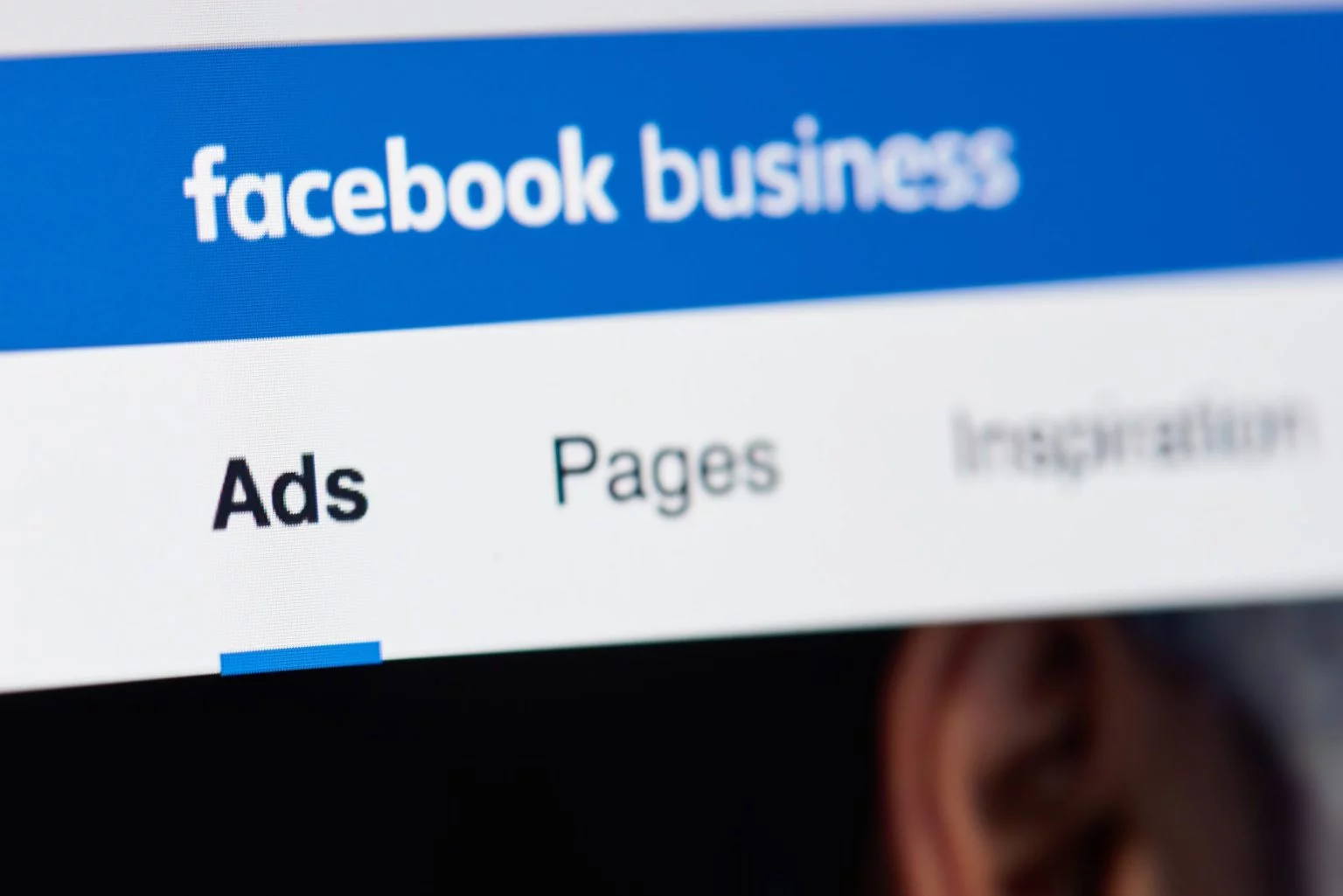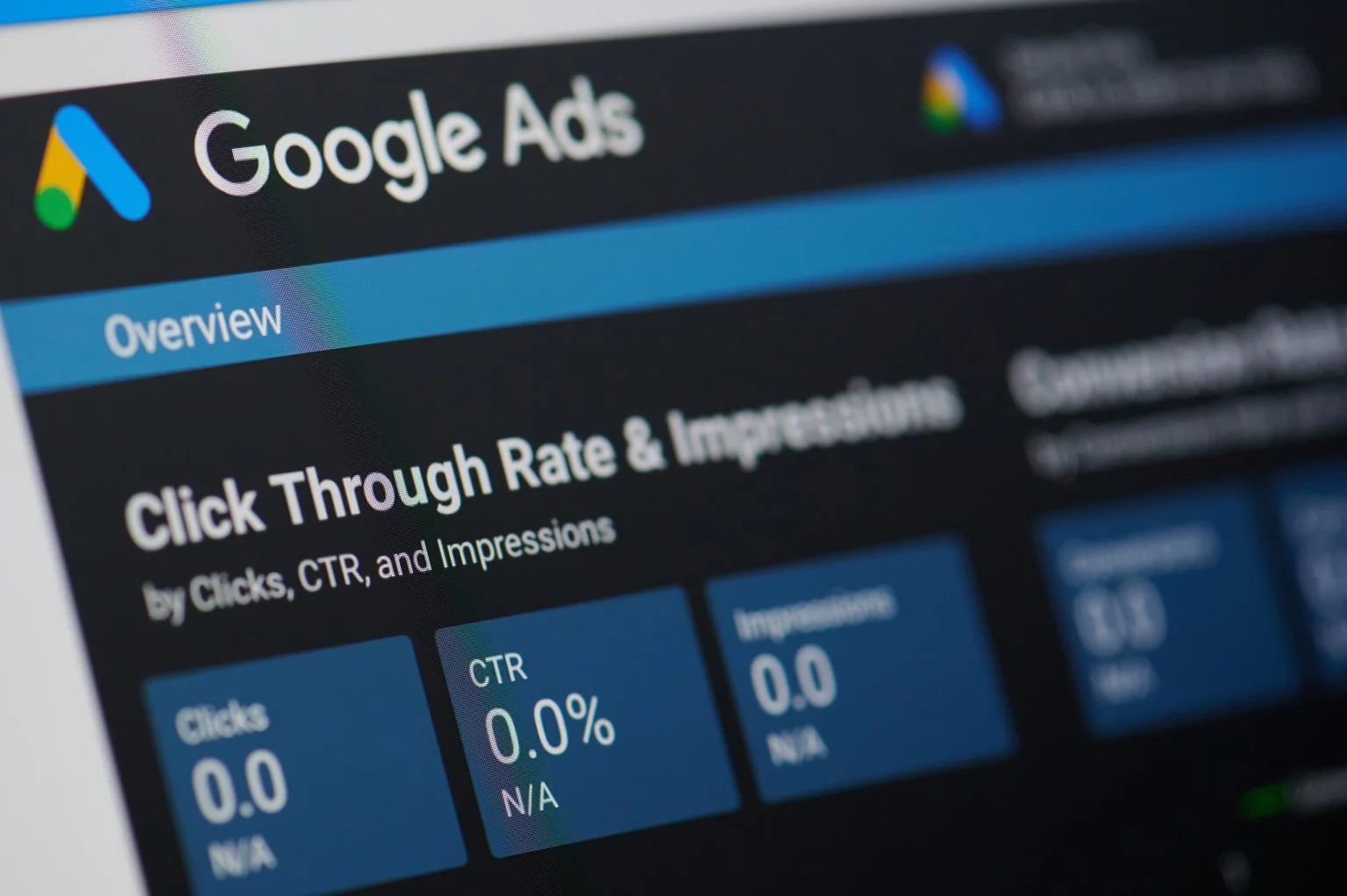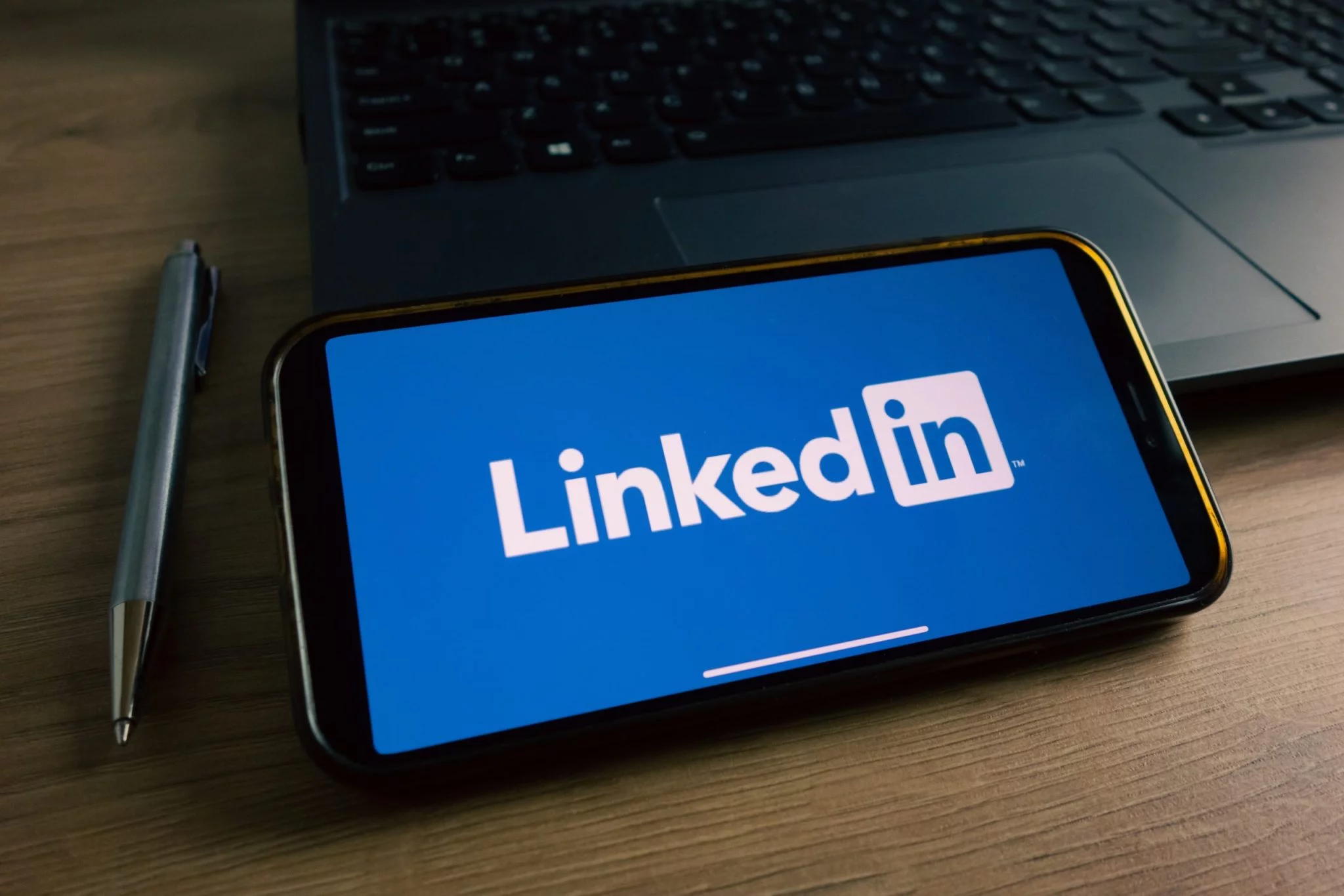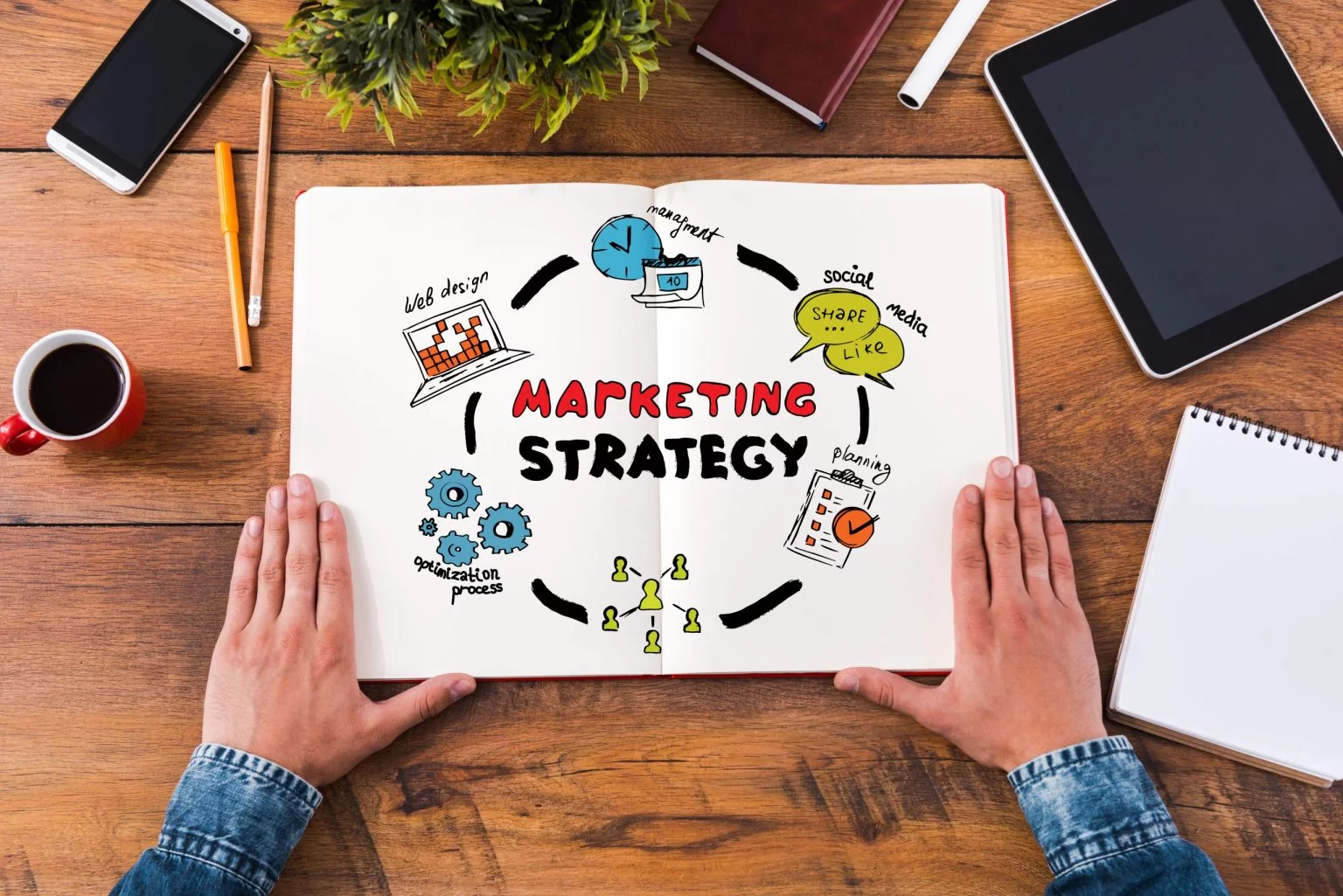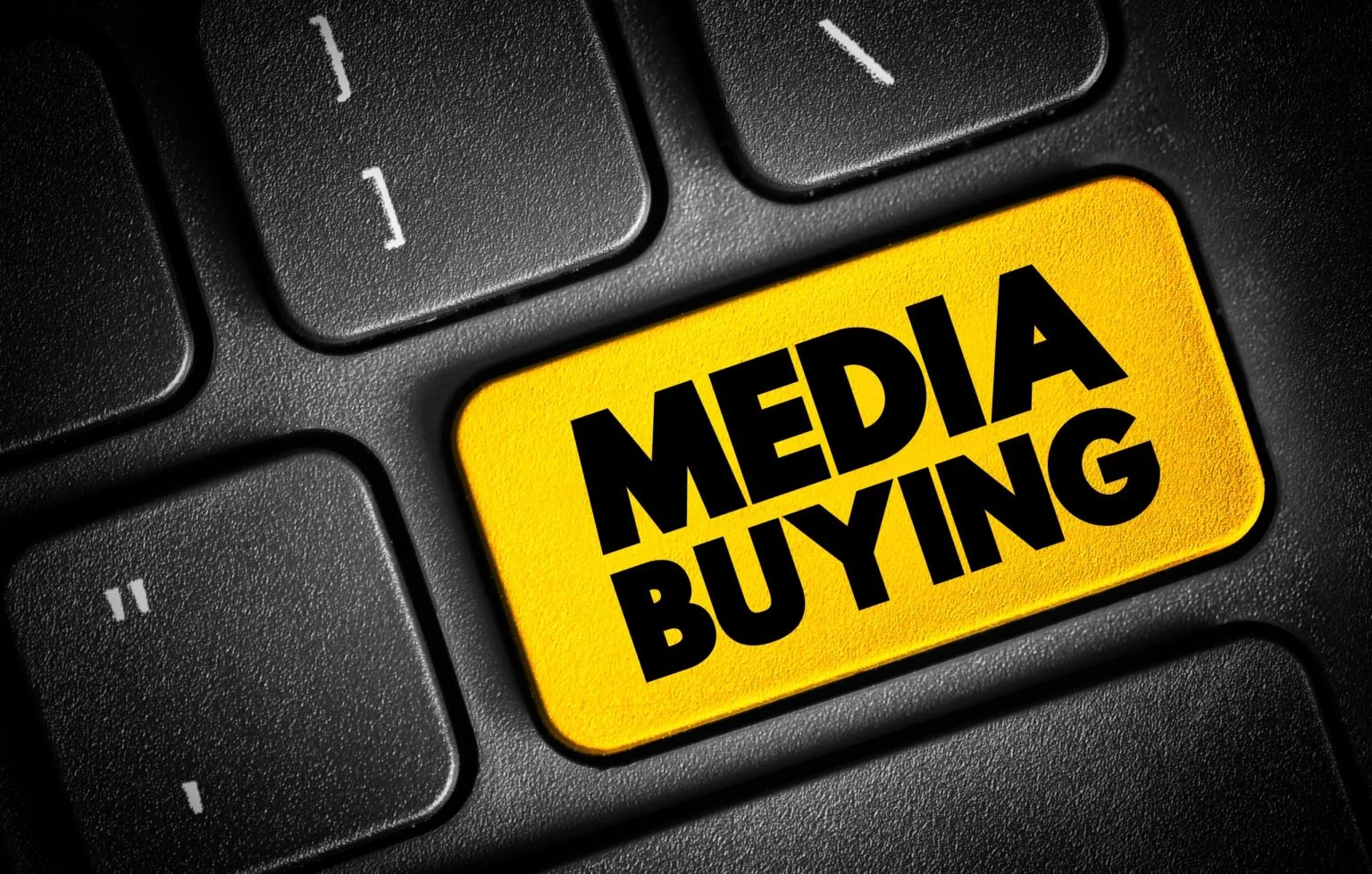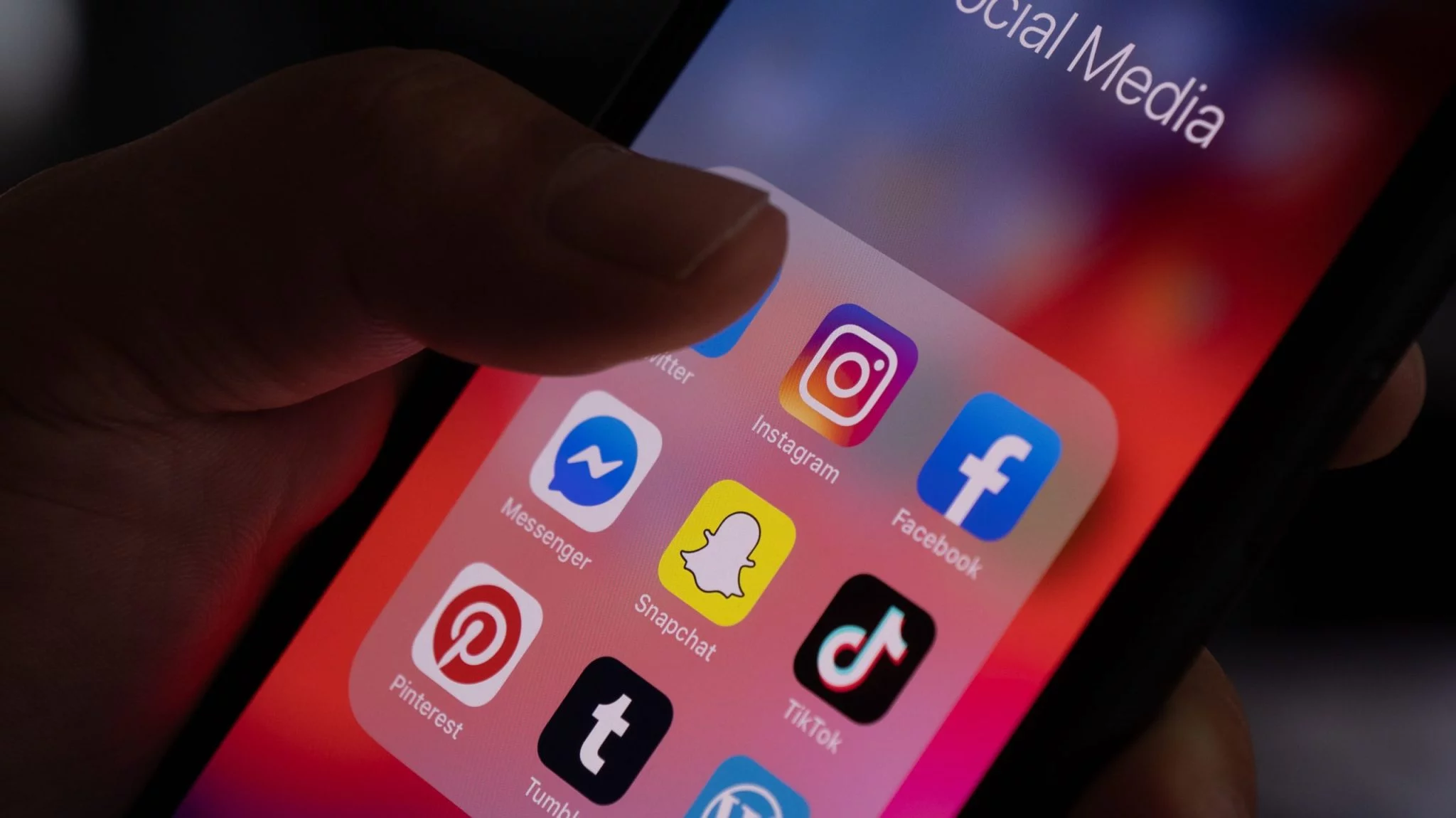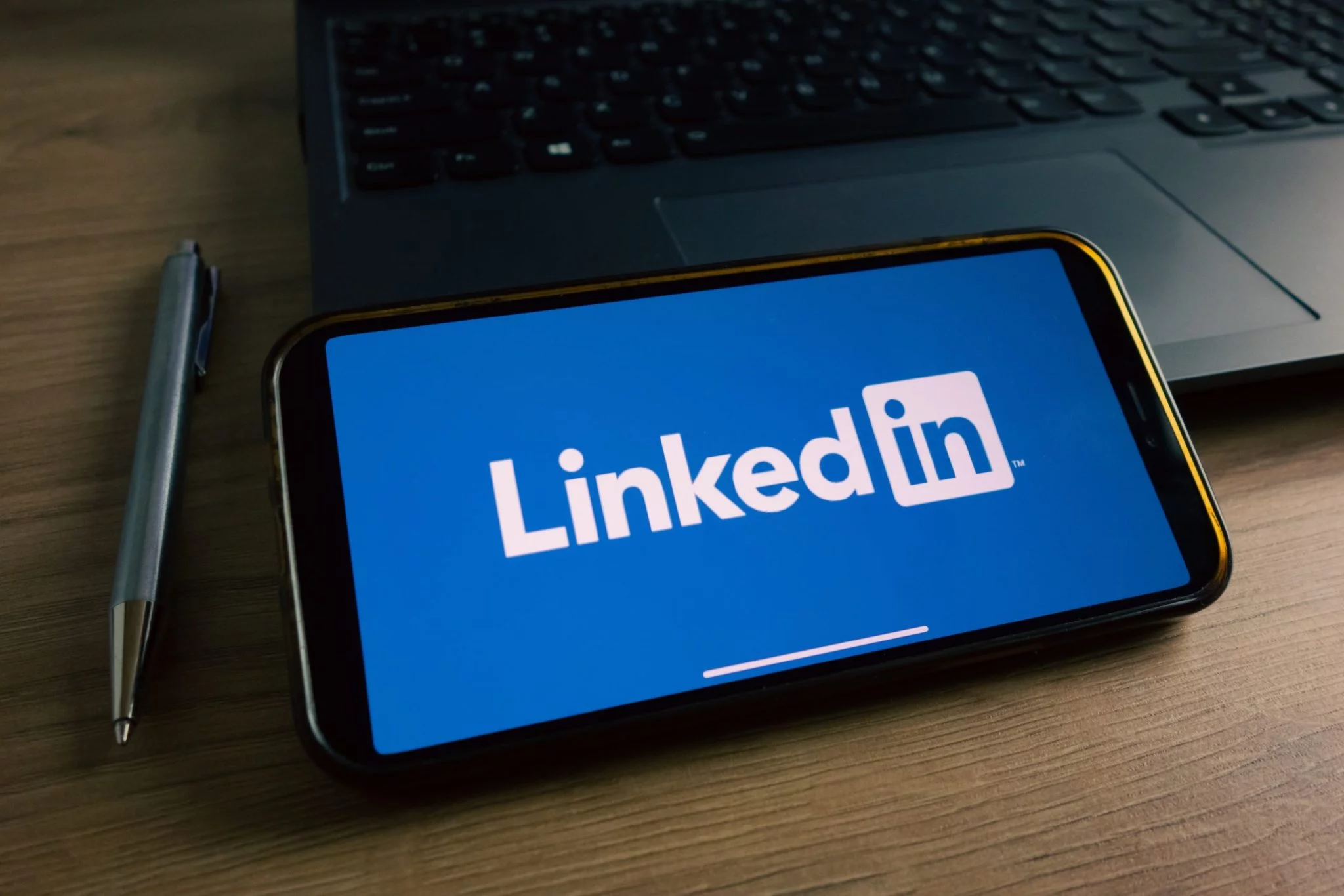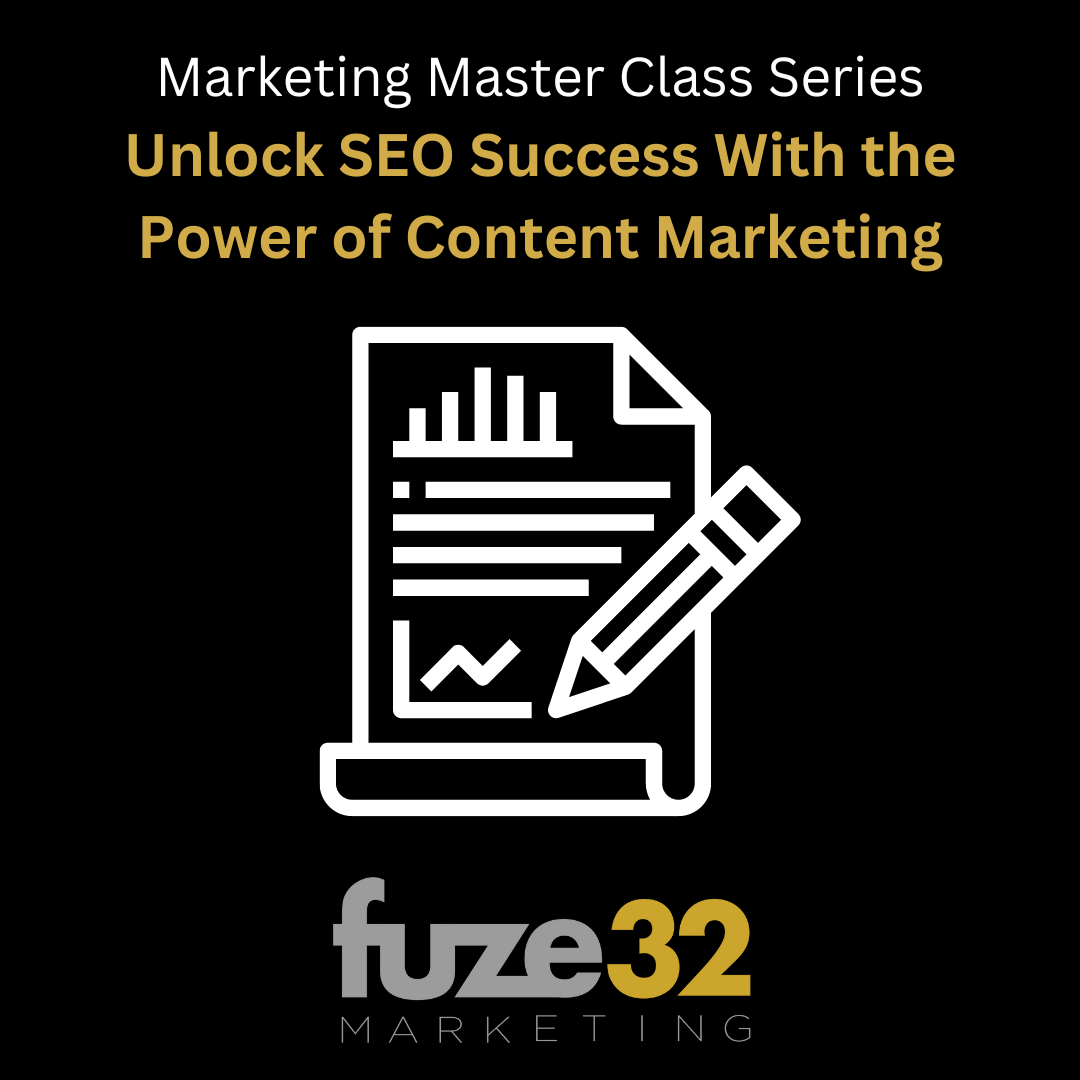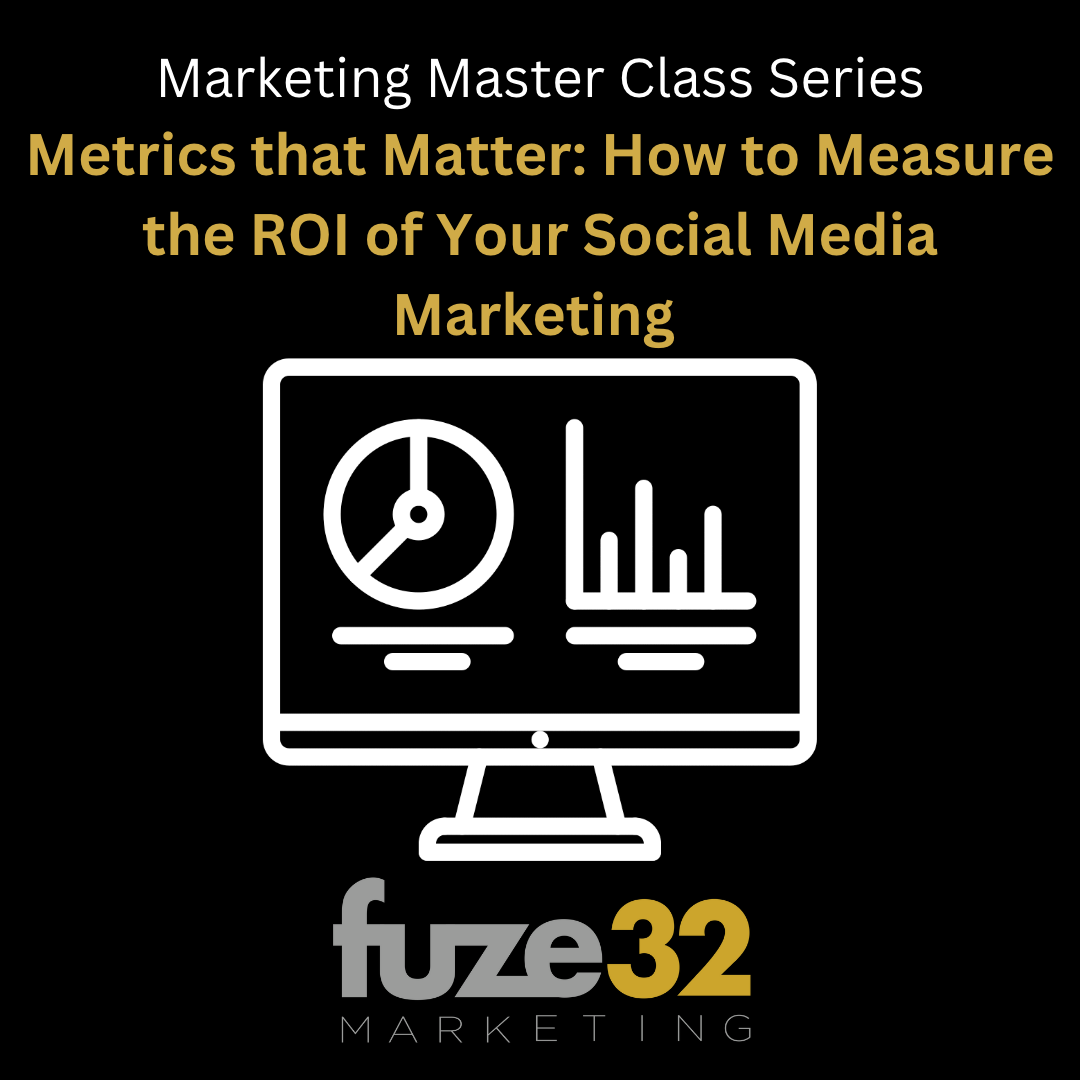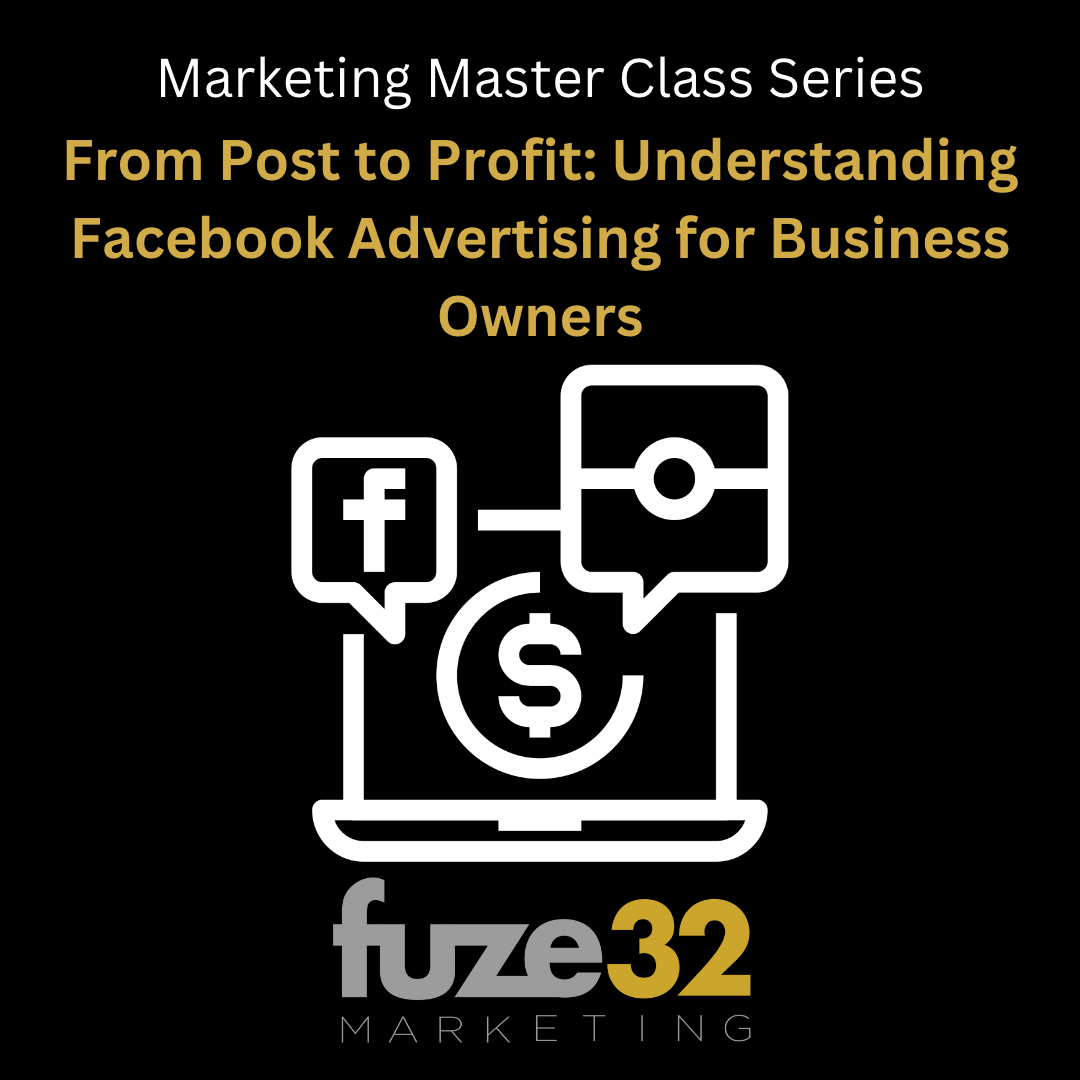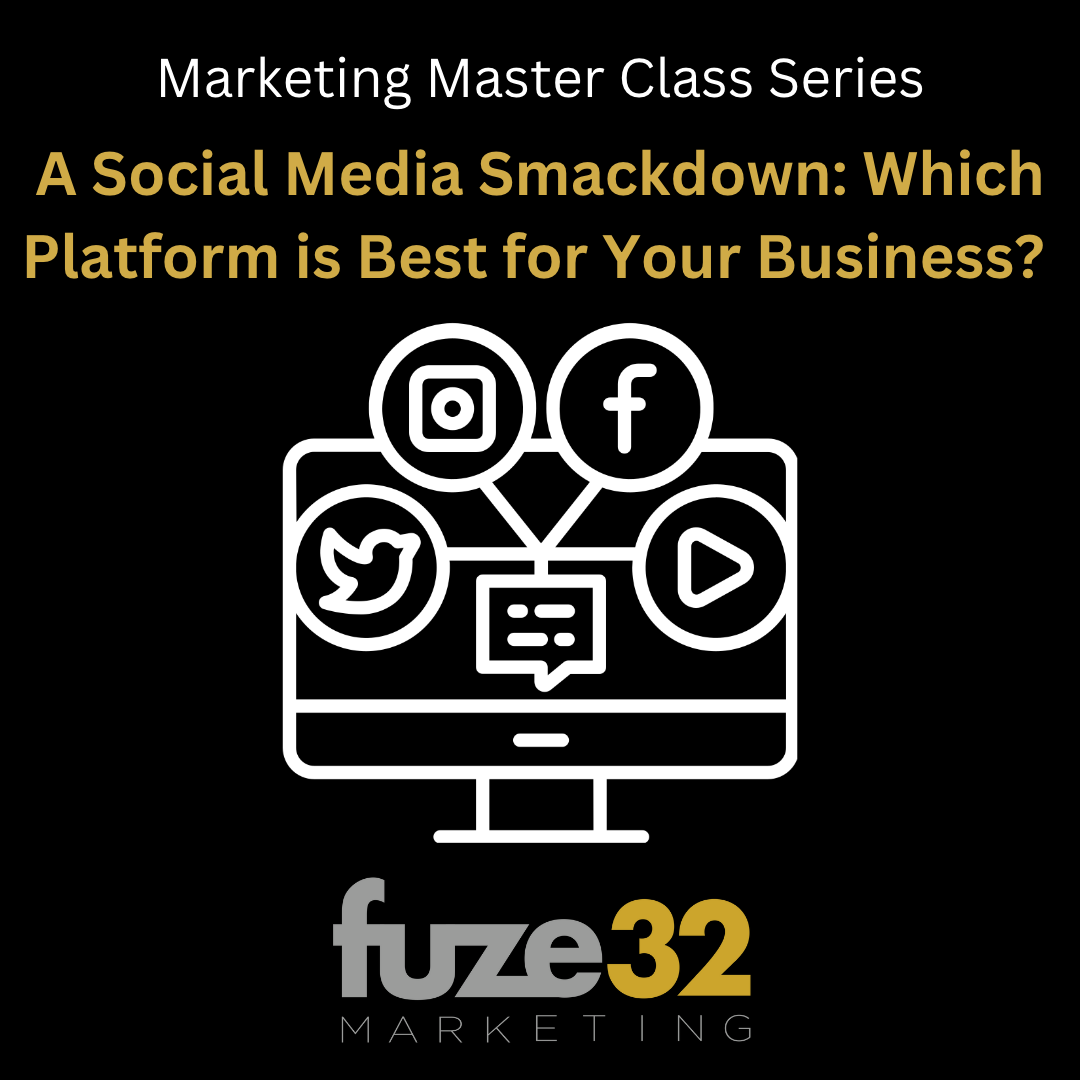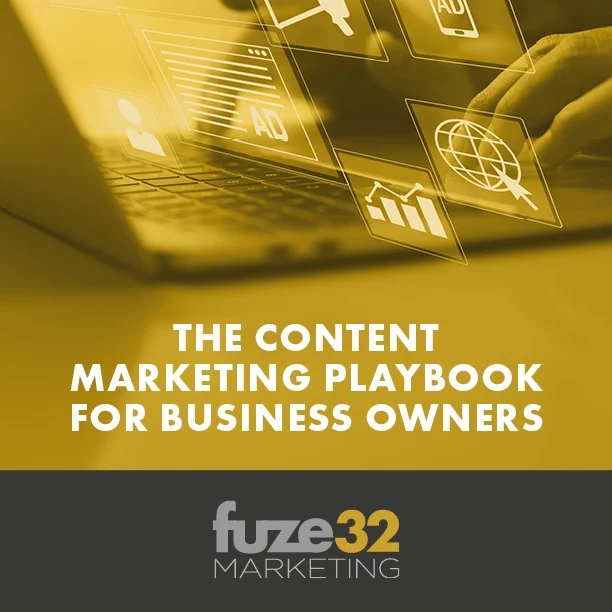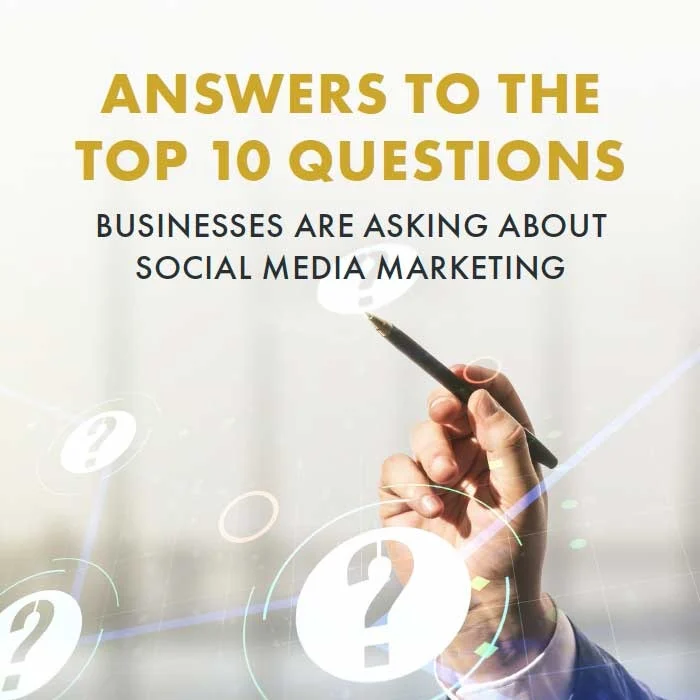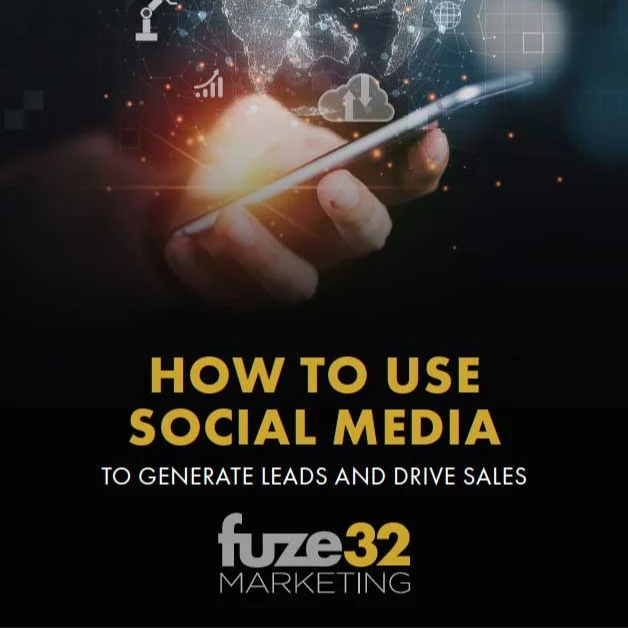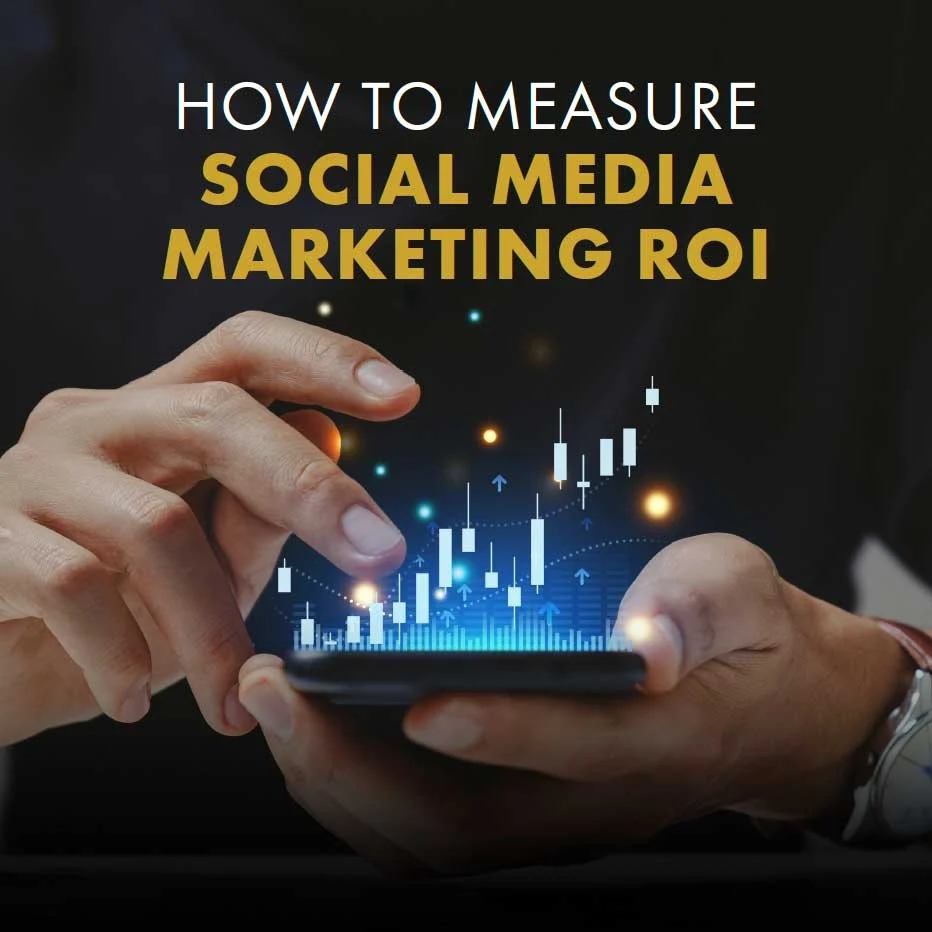Inbound marketing is a comprehensive marketing methodology that will attract quality leads to your website. It is both powerful and effective. We have seen tremendous success with businesses from online merchants in the food and beverage industry to insurance, However, we hear plenty of misconceptions about inbound marketing that need to be cleared up. We would like to set the record straight!
Here are 10 of the most common myths about inbound marketing that are preventing businesses from stepping into one of the most powerful forms of lead generation available.
1. “It’s the Same as SEO”
Search Engine Optimization (SEO) is one of the reasons why inbound marketing is so effective. Inbound marketing leverages on-page SEO strategy to attract, engage and delight potential customers, making sure the right people can find your website and progress down the buying funnel. It is specifically designed to increase your website's organic traffic and keyword ranking. But, what happens once they get to your website? If there isn't a specific plan in place to guide them down the buying funnel, keep them returning, and position you as the trusted authority in your field...you're losing out. Inbound marketing fills in the gaps left by doing SEO alone.
2. “It’s Too Expensive”
Any type of marketing is an expense if it doesn't work. Inbound marketing is a proven method of growing lead flow - lead flow that can be tracked to real ROI. If you are a business in growth mode, and if you meet the criteria of type of business that would benefit from more qualified leads coming through your website, then it may be the smartest decision you've ever made. As a business owner, you know first-hand that nothing worthwhile comes without an element of risk. Don't underestimate the power of inbound marketing. If you're curious, let's talk. We can connect you with clients and let you hear their real stories of ROI.
3. “Following a Formula is All It Takes”
Admittedly, inbound marketing is a strategy with a general structure overall that typically features certain tactics. However, it is far from formulaic and is immensely customizable to a business’s field or preferences. It is also a fluid process that must be nimble enough to respond to regular Google updates, changing privacy regulations, changing keyword and organic traffic fluctuation, as well as changes in a client's business. Therefore, to get the most out of inbound marketing, you need to have the help of a professional who understands how to utilize inbound marketing for your business in a unique way. Doing so successfully takes some strategy and industry know-how.
4. “You Can’t Measure the ROI”
This one is just straight-up wrong. Thanks to CRMs, marketing automation platforms, and other analytics tools, it is easy to track the connection between contacts, the content they interacted with, and the end result, such as whether they became a customer or not. This means that you most certainly can measure the ROI and do so fairly easily. In addition, if you hire a professional to oversee your marketing, they will do this part for you and help you see the effectiveness of each strategy used so you know what has proven most impactful. Regular reporting is a non-negotiable part of inbound marketing.
5. “Email is Dead”
In reality, email in general and email marketing specifically remains the most effective way to reach potential customers. Email gives you the ability to effectively deliver relevant content that is tailored specifically for the customer who reads the message. So, email is far from dead, though it is changing. Your marketing partner will know how to navigate the sometimes sticky terrain of bounces, spam filters, Apple iOS updates, and more. All that to say, email marketing is still immensely effective and is a vital part of a well-constructed inbound strategy.
6. “Outbound is More Effective”
Done correctly, an inbound marketing strategy fuels an existing outbound team by supporting and enhancing their efforts. They are best used in conjunction with each other. The fact is, outbound sales efforts are twice as effective when an inbound marketing strategy drives leads, qualifies prospects, provides them with tools and resources to follow-up, reengage old leads that went cold, handle objections, etc. There are people out there searching for information your business can help them with, and your salespeople have no idea they even exist. Good news...Google does. Inbound marketing is your online salesperson working 24/7.
7. “All You Have To Do is Post Some Blog Posts Occasionally”
It's actually fairly common for clients to come to us who already have a blog. They realize that, in order to get results, it is going to require more than what they have the capacity to accomplish on their own. It's about. more than just writing an interesting blog. Inbound marketing requires knowledge of Google, on-page SEO, keywords, search intent, buyer personas, email strategy, smart content, buying funnel and more. It also requires frequently and consistently putting fresh content on your website. An occasional blog that isn't properly optimized won't do you much good.
8. “Someone on My Team Can Do It”
While someone on your team might know something about inbound marketing or even a lot about it, the entire process requires a skill set that is virtually impossible to master on one’s own. This means you need the help of a professional to get the most out of inbound marketing, no matter what your team says they can do themselves. Our experience is that content marketing must be done correctly with a consistent flow of optimized content that is valuable to both a reader AND a Google bot. We partner with marketing departments in order to backfill their efforts. The fact is, even though they may know how to do inbound marketing, they don't have the time or advanced skillset to do it the right way.
9. “Isn’t It The Same as Content Marketing?”
No, it’s not. Content marketing is a strategy that oversees the simple creation of content. In contrast, inbound marketing is a comprehensive strategy that combines a content plan, email marketing, SEO, social media, premium content, chat functionality, CTAs and more for the express goal of target customers online and driving leads. In other words, content is a piece of the puzzle, albeit an important one, to an inbound marketing strategy, but inbound marketing itself is about a lot more than just creating good content.
10. “My Sales Team Will Feel Threatened”
If done correctly, a good inbound marketing campaign will generate more leads for your sales team. Our experience is that, once they find out what inbound marketing is all about, salespeople become raving fans! There's no threat. In reality, they become the biggest fans because they finally have a marketing partner that is 100% dedicated to directly helping them make more money.
There Are Many Misconceptions
There are many misconceptions about inbound marketing, but done correctly, it can be an effective strategy for businesses of all sizes and industries. Contact us at fuze32 to learn more and let us create a customized marketing plan for you that will include inbound marketing as well as many other facets to provide you with fun, edgy and professional marketing campaigns with no outsourcing from concept to the campaign.



.webp)





